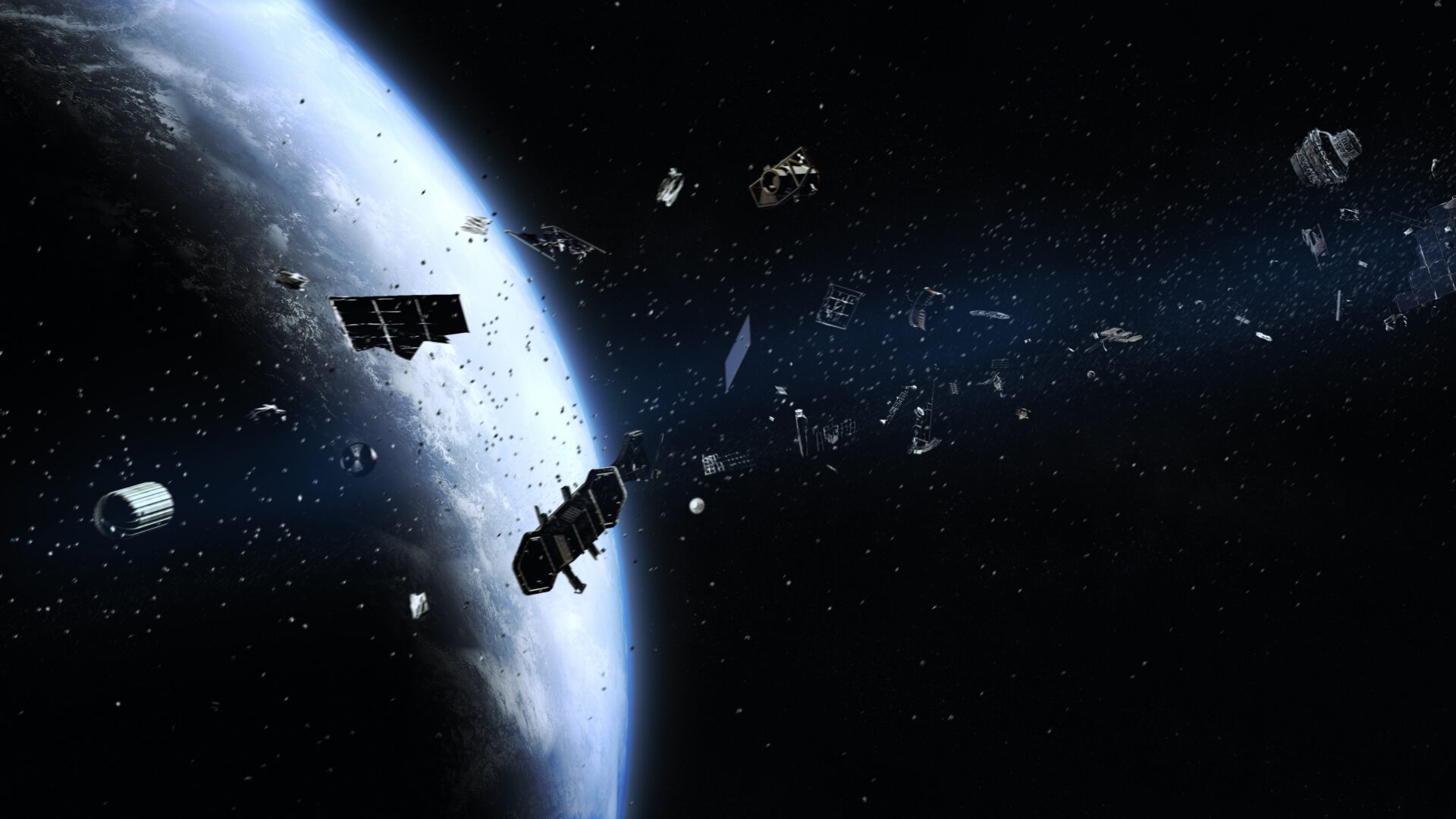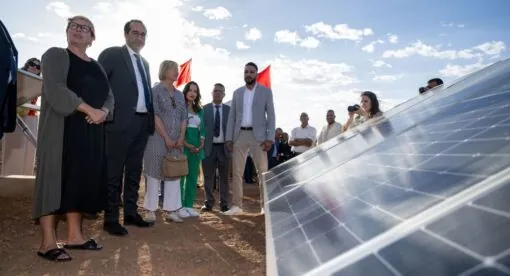Overview
In their early spacefaring age, humans have already cluttered Earth’s orbital bands with artificial space debris. Indeed, they’ve created an important and urgent challenge even as they’ve increased their interests in and dependence on this future frontier. Artificial space debris is a threat to safety, security,
peace, and prosperity around the world.
In this special report, the Future Frontiers team at the New Lines Institute explains how spacefarers have congested and cluttered the parts of outer space they find most useful; considers the way states and companies have created artificial space debris through negligent, reckless, or purposeful practices; analyzes the consequences of and early measures to address such debris; and provides legal, regulatory, commercial, and technical recommendations for American and other leaders who may counter space debris by adopting a full-spectrum approach to prevent, manage, and remove it over time.






